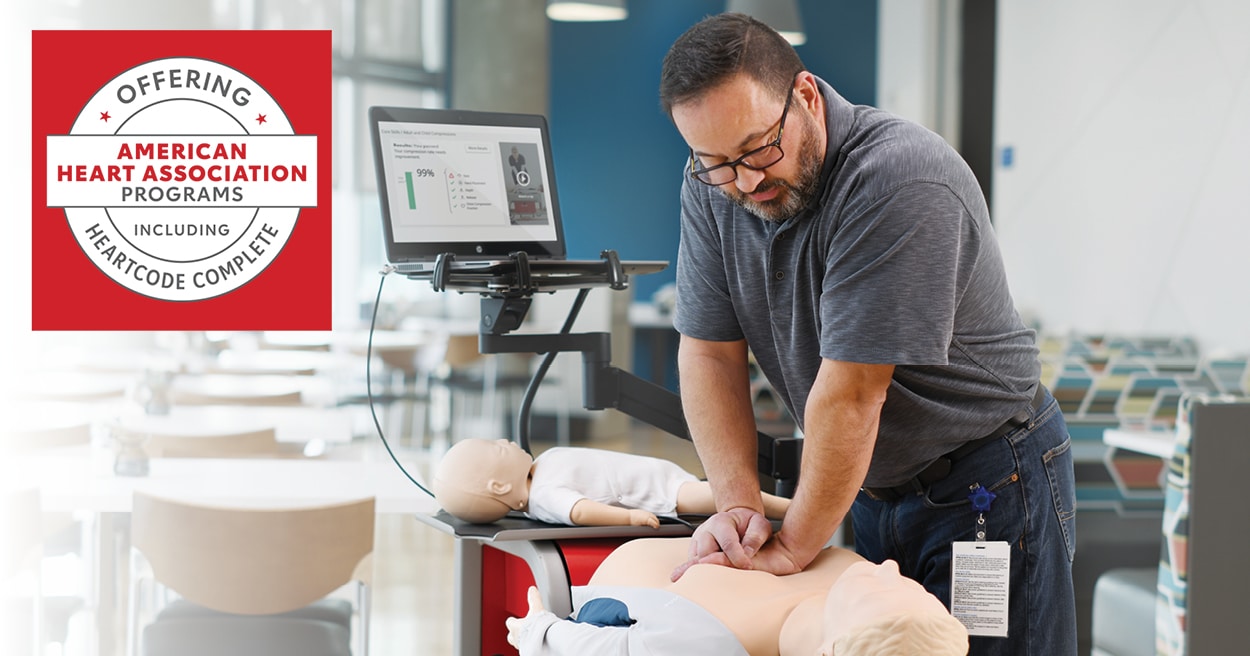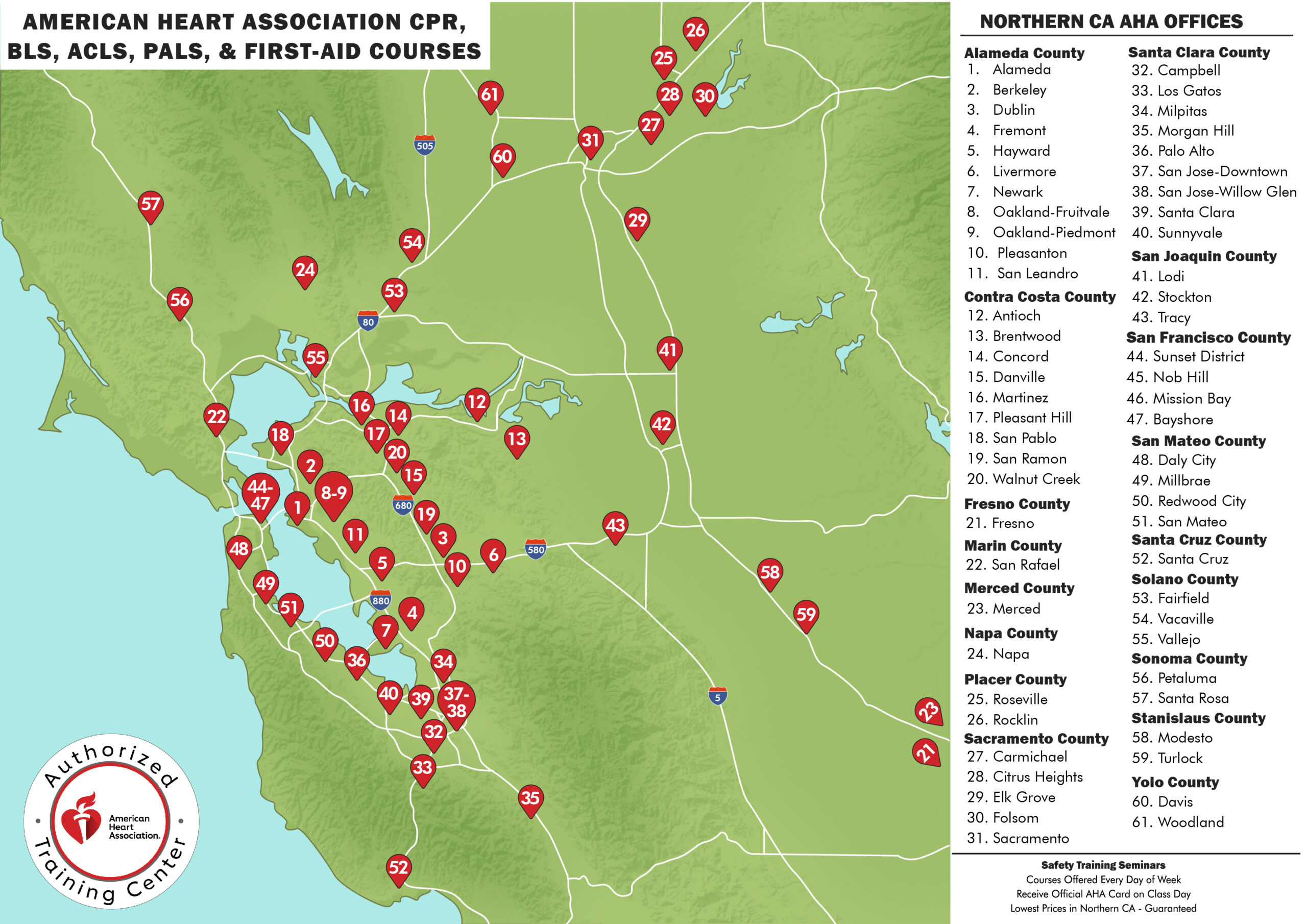American Heart Association© ACLS Certification Classes in Newark

American Heart Association© ACLS
Course Name: ACLS Advanced Cardiac Life Support (Initial or Renewal)
Online Course Length: 3-4 hours (At your home.)
Skills Testing: 40 minutes (At one of our over 60 ACLS testing sites.)
Price: $290 (This includes the online ACLS course, skills testing, and card.)
Certification: American Heart Association© ACLS certification card.
When: ACLS classes are offered Monday – Sunday from 7 am to 6 pm
Card Issuance: You will receive the AHA ACLS card on the day of class.
Add ons available: BLS, PALS, First-aid, Opioid, or Bloodborne Pathogens
Lowest Prices in Newark Guaranteed: Backed by price matching.
View ACLS Courses in Newark & Other Cities Near You
Store locator is loading from StoreRocket Store Locator App..

American Heart Association ACLS Classes in Newark: Enhancing Emergency Response
In the vibrant city of Newark, American Heart Association (AHA) Advanced Cardiovascular Life Support (ACLS) classes are instrumental in equipping healthcare professionals with the specialized skills needed to manage and respond to cardiovascular emergencies effectively. These classes are designed to provide participants with advanced training in the recognition and intervention of cardiopulmonary arrest, acute arrhythmias, stroke, and other life-threatening medical emergencies.
Overview of AHA ACLS Classes
AHA ACLS classes in Newark are typically structured for healthcare professionals who are involved in the management of cardiopulmonary arrest or other cardiovascular emergencies. The classes focus on the importance of basic life support (BLS) CPR and advanced cardiovascular life support, including effective team dynamics and communication, systems of care, and immediate post-cardiac arrest care.
Benefits of AHA ACLS Classes
Participating in AHA ACLS classes in Newark offers several benefits for healthcare professionals:
Improved Patient Outcomes: ACLS-trained healthcare providers are better equipped to manage cardiovascular emergencies, leading to improved patient outcomes and increased survival rates.
Career Advancement: ACLS certification is often a requirement for healthcare professionals working in critical care areas, emergency departments, and intensive care units. ACLS certification can enhance career opportunities and professional growth.
Skill Enhancement: ACLS classes provide participants with the opportunity to enhance their clinical skills and stay updated on the latest evidence-based practices in resuscitation medicine.
Community Impact: ACLS-trained healthcare providers play a vital role in improving community health and safety by ensuring that individuals experiencing cardiovascular emergencies receive timely and effective care.
Conclusion
In conclusion, American Heart Association ACLS classes in Newark are essential for healthcare professionals seeking to enhance their skills and knowledge in the management of cardiovascular emergencies. By providing advanced training in resuscitation techniques, ACLS classes help healthcare providers save lives and improve patient outcomes. Whether you are an experienced healthcare professional or new to the field, ACLS certification can benefit your career and make a difference in your community.
FAQs
Who can benefit from ACLS classes in Newark?
ACLS classes are primarily designed for healthcare professionals, including physicians, nurses, paramedics, and other allied healthcare providers who are involved in the management of cardiac emergencies.
How long does it take to complete ACLS certification training?
The duration of ACLS certification training varies depending on the specific course provider and format. Typically, ACLS certification courses consist of both didactic instruction and hands-on skills practice and can range from one to two days.
Is ACLS certification recognized nationwide?
Yes, ACLS certification obtained in Newark is recognized nationwide and is widely accepted by healthcare organizations, employers, and regulatory bodies across the United States.
